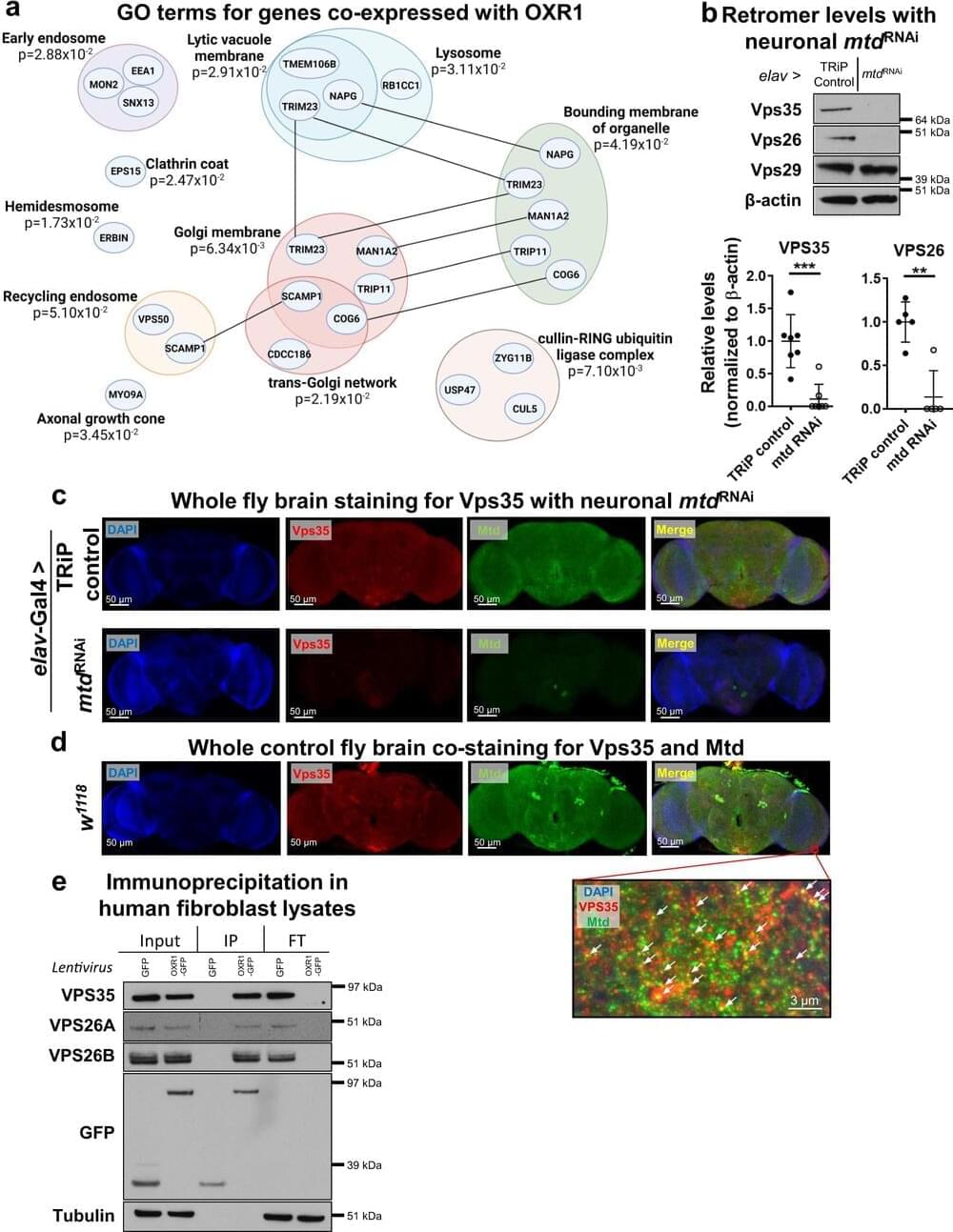New method captures better thermal details, helpful for self-driving, identifying materials, and enhancing security measures.
Scientists have created a novel technology using meta-optical devices to conduct thermal imaging. Like a pair of glasses, this device does thermal imaging and can also identify the objects being imaged.
This expands the potential applications of thermal imaging in various fields, including security, thermography, medical imaging, and remote sensing.
“Our method overcomes the challenges of traditional spectral thermal imagers, which are often bulky and delicate due to their reliance on large filter wheels or interferometers,” said Zubin Jacob, research team leader from Purdue University.






